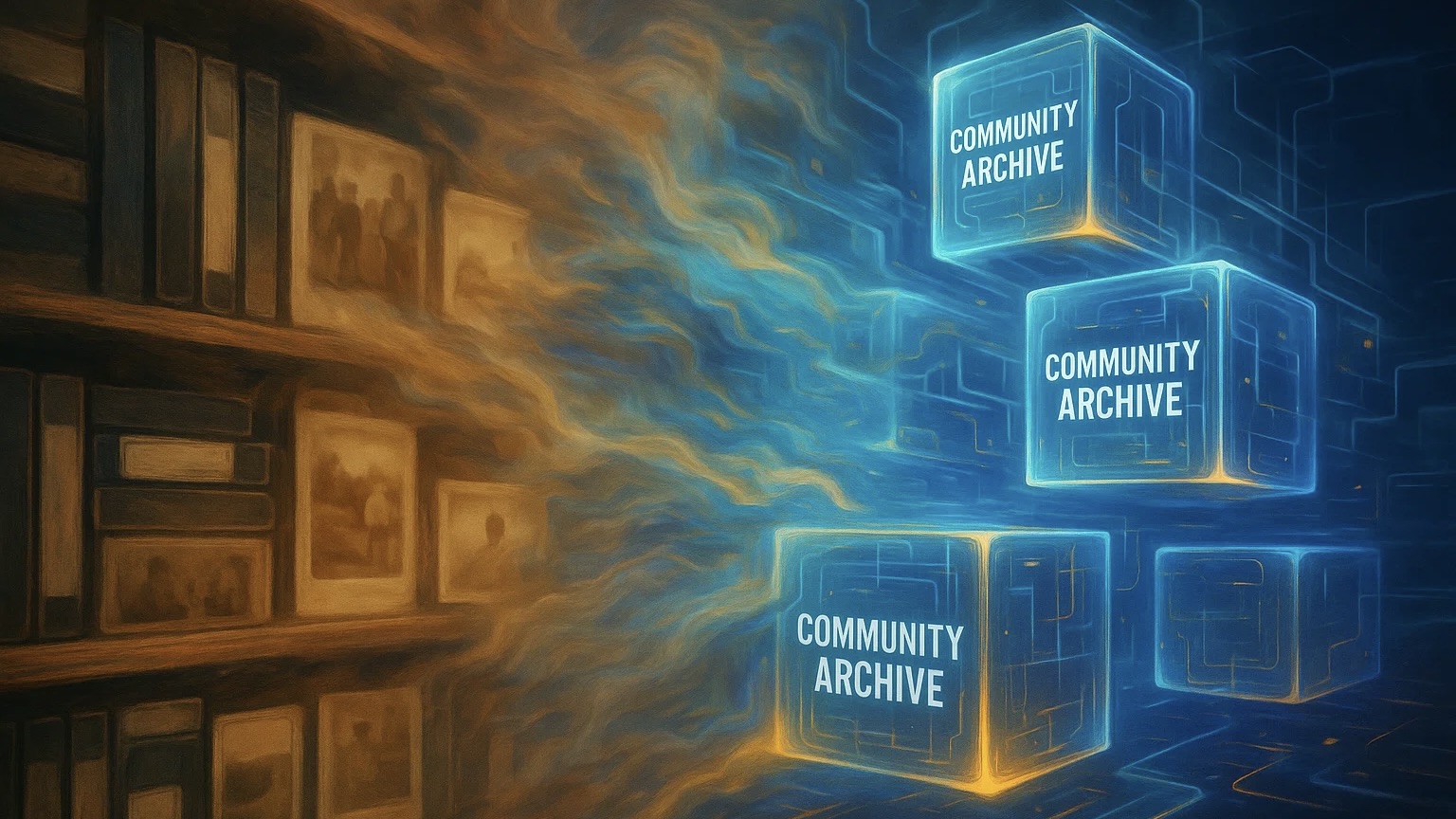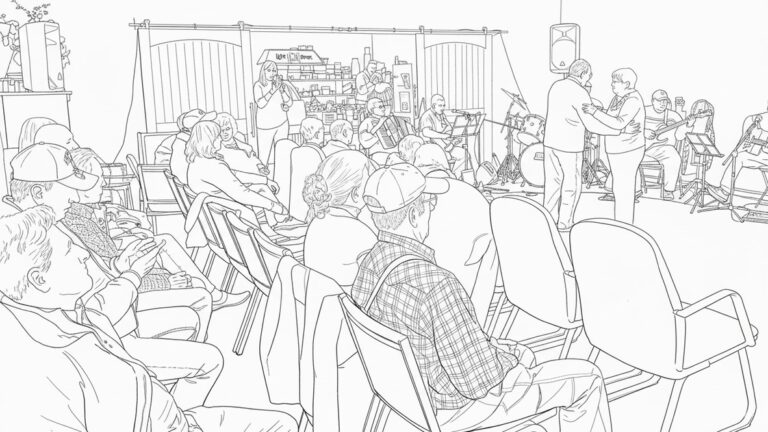
From analog tapes to cloud data, Northern Ontario’s artists are turning preservation into an act of cultural independence.
Archival Sovereignty: Taking Back the North’s Cultural Memory
For decades, Northern Ontario’s creative communities have faced an invisible form of loss. Not because stories weren’t told or songs weren’t recorded — but because everything that makes up local culture eventually had to be shipped south.
Boxes of fragile tapes, language recordings, and oral histories — sent to provincial archives hundreds of kilometres away — became the price of “preservation.” And with every transfer came a quiet surrender of ownership.
This is the paradox of cultural preservation in the North: we fight to create local culture, then hand over its safekeeping to someone else, often in southern Ontario.
It’s time to change that.
From Storage to Sovereignty
The next evolution of cultural preservation isn’t about bigger archives. It’s about local control.
Archival Sovereignty means building systems that keep a community’s creative output — its stories, songs, and data — inside the community itself. Instead of relying on a distant institution’s policies, metadata systems, or cataloging standards, local organizations can now build their own digital stacks — modular, affordable archival systems that run like utilities.
Think of it not as a “database” but as a living archive — one that records, organizes, and shares culture without needing to leave the North.
The Hidden Cost of Distance
For Northern arts collectives, traditional archiving comes with two enormous costs:
The Logistical Drain – Transporting fragile, irreplaceable cultural material across the province eats up scarce grant funding. Every dollar spent on shipping or scanning is a dollar not spent supporting artists or cultural programs.
The Cultural Risk – Once those materials leave the region, they fall under someone else’s control. Access becomes restricted by external policies or institutional priorities. Communities must then “request permission” to use their own stories — a subtle but powerful form of cultural dependency.
These systems were built for centralization, not sovereignty.
But with today’s tools, we can flip that model on its head.
The Local Data Stack: A Modern Solution
Instead of paying to outsource preservation, collectives can now own their own archival infrastructure.
By combining affordable cloud utilities with generative and organizational AI, a Northern arts organization can automatically:
- Transcribe oral histories and interviews into searchable, high-quality text.
- Generate metadata for consistency and future retrieval without a dedicated archivist.
- Preserve and export assets into multiple formats instantly — PDFs, high-res WAV files, and accessible digital archives.
The cost? A small, predictable utility fee.
The return? Cultural independence that lasts generations.
The Impact: Decolonizing the Archive
Archival Sovereignty is more than a technical upgrade — it’s a political act of cultural reclamation.
It means the North owns its past and its future.
Local communities can preserve, interpret, and remix their stories on their own terms. Educators and artists can access materials instantly without waiting for a southern institution’s approval.
This is what decolonization looks like in practice — not in slogans, but in systems.
By investing in local data stacks instead of shipping crates, we ensure that Northern voices remain exactly where they belong: in the North, governed by the people who made them.
Final Thought
When we fund digital sovereignty, we aren’t just protecting the past — we’re building the infrastructure for creative freedom.
Every community deserves to keep its culture close, accessible, and alive.
And every byte that stays local is an act of resistance against cultural erasure.




